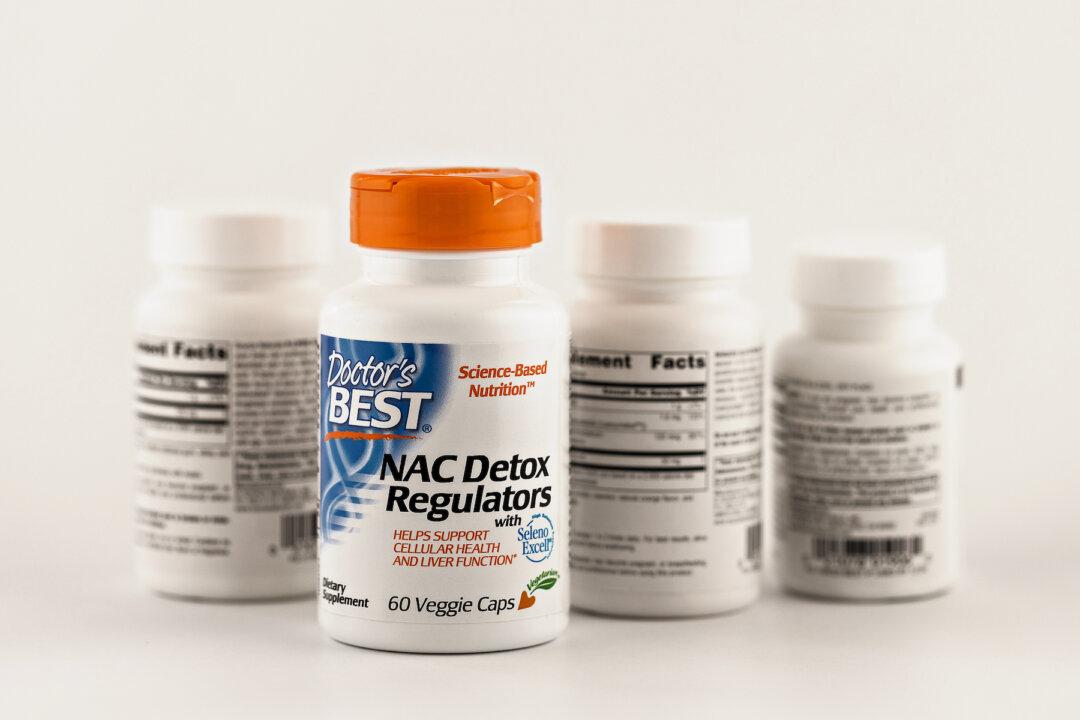Following the FDA’s 2020 attack on NAC, excluding it from the definition of dietary supplements, new draft guidance suggests the agency isn’t going to enforce the ban and may restore this beneficial compound to its prior supplement status.
Story at-a-glance
- The U.S. Food and Drug Administration suddenly cracked down on NAC in 2020, claiming it is excluded from the definition of a dietary supplement, as it was approved as a new drug in 1963
- Retailers, including Amazon, pulled supplements containing NAC from their shelves in response, as the FDA’s move meant NAC could no longer legally be marketed as a supplement
- Draft guidance released by the FDA in April 2022 gives a glimmer of hope that NAC will continue to be available over-the-counter
- The new verbiage suggests that the FDA will not be enforcing their policy that NAC cannot be marketed as a dietary supplement, even though it’s technically still illegal to do so
- In another positive step, while the FDA stated that their full safety review of NAC is ongoing, its initial review “has not revealed safety concerns with respect to the use of this ingredient in or as a dietary supplement”
- The FDA stated it is “likely to propose a rule providing that NAC is not excluded from the definition of dietary supplement”
N-acetylcysteine (NAC), a form of the amino acid cysteine and a common dietary supplement, has been on the market for nearly six decades. Among its many benefits is helping increase glutathione and reduce the acetaldehyde toxicity1 that causes many hangover symptoms, but anyone who overdoses on acetaminophen (Tylenol) also receives large doses of NAC in the emergency room, as it helps prevent liver damage by increasing glutathione.
Dr. Joseph Mercola is the founder of Mercola.com. An osteopathic physician, best-selling author, and recipient of multiple awards in the field of natural health, his primary vision is to change the modern health paradigm by providing people with a valuable resource to help them take control of their health.
Author’s Selected Articles






